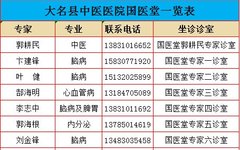Abdominal Tuina
Abdominal Tuina, commonly known as “rubbing the belly” or “abdominal massage,” is an important component of Tuina therapy. It involves the use of the hands, elbows, and other techniques such as pushing, kneading, pressing, and tapping on the abdomen of the recipient.
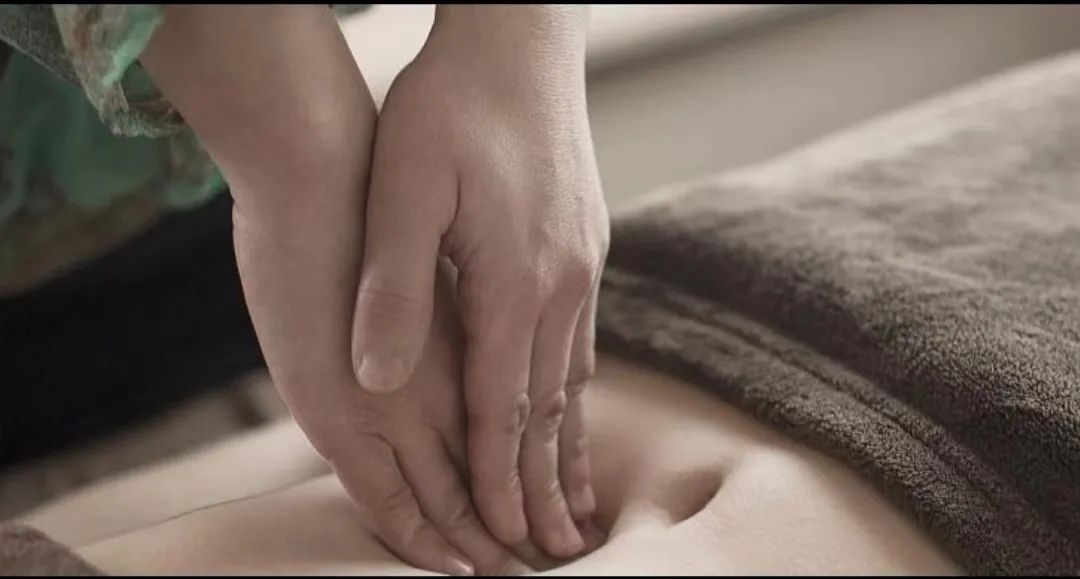

Benefits of Abdominal Tuina
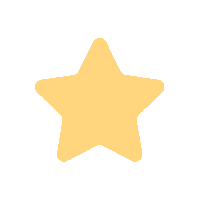
1. Relaxation:
Tuina is a common external treatment method in Traditional Chinese Medicine (TCM). Performing Tuina on the abdomen can help to soothe the liver and regulate Qi, thus promoting relaxation of both body and mind.
2. Harmonizing Qi and Blood:
During the Tuina process, corresponding acupoints and meridians are stimulated, which can promote blood circulation and harmonize Qi and blood.
3. Strengthening the Spleen and Stomach:
Tuina can increase gastrointestinal motility to a certain extent, thereby strengthening the spleen and stomach and reducing the likelihood of gastrointestinal diseases.
4. Promoting Digestion:
Under the guidance of a professional physician, abdominal Tuina can enhance the digestion and absorption of food, thus promoting digestion. Proper abdominal massage can accelerate gastrointestinal motility, help prevent constipation, and facilitate the rapid digestion and absorption of food in the gastrointestinal tract, improving appetite and digestive function.
5. Aiding Sleep:
During abdominal Tuina, it can open the middle burner and facilitate the connection between the heart and kidneys, thus aiding sleep.
6. Weight Loss:
Proper abdominal massage can accelerate local blood circulation and metabolism, promote fat burning, and reduce fat accumulation in the abdomen, contributing to weight loss. It also helps improve skin elasticity and prevent sagging.

Contraindications for Abdominal Tuina

1. Do not perform Tuina on the abdomen if there are purulent infections, burns, or scalds on the abdominal skin to avoid spreading inflammation;
2. Patients with acute abdominal conditions such as perforated stomach or duodenum, enteritis, dysentery, appendicitis, etc., should not have abdominal massage;
3. Abdominal massage is contraindicated for patients with abdominal cancer to prevent cancer spread or bleeding;
4. Various bleeding disorders, such as traumatic bleeding, hematochezia, hematuria, etc.;
5. For undiagnosed conditions, such as fractures or dislocations;
6. Various acute infectious diseases, such as hepatitis, tuberculosis, etc.;
7. Severe heart disease or mental illness that cannot remain calm.
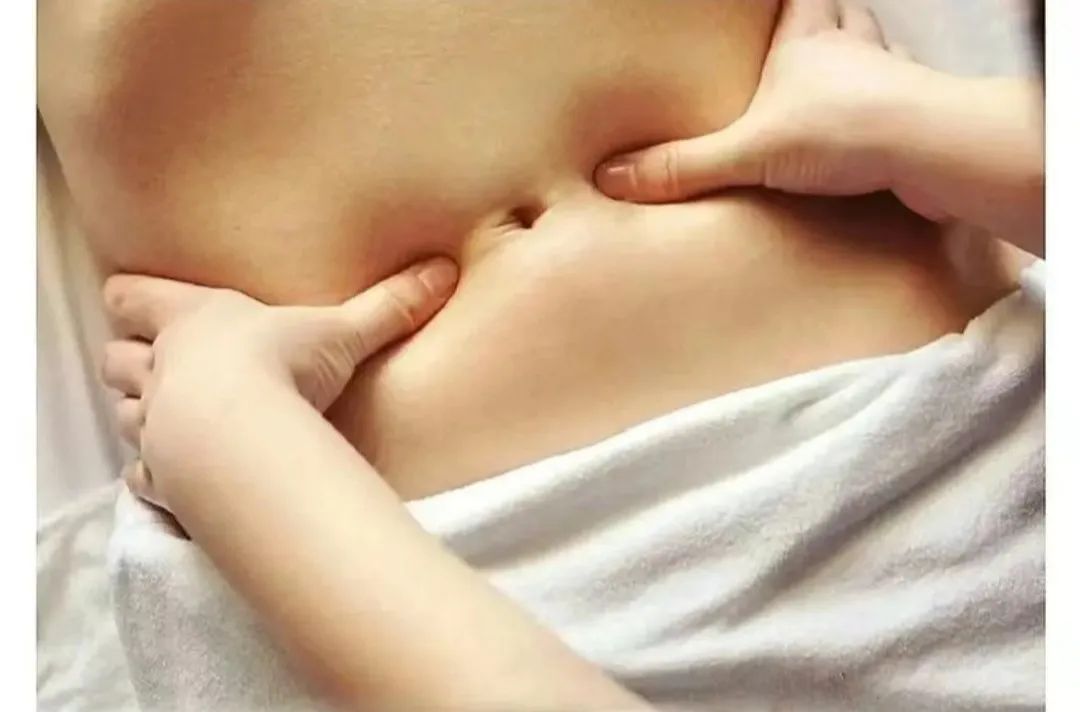
Warm
Reminder
Simply relying on Tuina cannot achieve optimal therapeutic effects for diseases. Therefore, when suffering from illnesses, it is essential to seek medical attention promptly for systematic treatment.

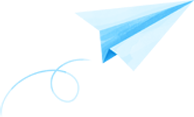
Introduction to the Preventive Medicine Department
The department currently has more than 10 medical staff, including 2 senior titles, 2 intermediate titles, 3 TCM physicians, 4 rehabilitation therapists, and 4 nursing staff. The department is equipped with a meridian constitution identification instrument, which can meet the needs of various constitution types for constitution assessment, health guidance, and health-preserving diet recommendations, as well as traditional Chinese medicine fumigation treatment instruments (local and whole body), German Heidson far-infrared treatment instruments, shortwave treatment instruments, medium-frequency treatment instruments, magnetic therapy instruments, traction instruments, and other equipment. The department offers services such as acupuncture, cupping, bone setting, Tuina massage, transdermal Chinese medicine, external application of Chinese medicine, Chinese medicine patches, Chinese medicine fumigation, Chinese medicine masks, and various Chinese medicine derivative products (lipsticks, medicinal soaps, medicinal pillows, belly bands, etc.), moxibustion, Du Mai moxibustion, Ren Mai moxibustion, and more than ten types of moxibustion. The main diagnostic and treatment projects focus on “pain-related conditions,” “pre-pregnancy conditioning,” “insomnia,” and various other diseases.
Advantages of the Preventive Medicine Department:
1. Pain-related conditions: headaches, cervical spondylosis, lumbar spondylosis, pain in the shoulders, hips, elbows, knees, ankles, and interphalangeal joints, breast diseases, pelvic pain, adnexitis, herpes zoster, postherpetic neuralgia, and other diseases.
2. Sub-health conditioning during different periods such as pre-pregnancy, postpartum, and menopause. For example, cold hands and feet at various ages, frequent fatigue or emotional instability; irritability or uncontrollable emotions;
3. Gynecological diseases: irregular menstruation, hypomenorrhea, menorrhagia, metrorrhagia (abnormal uterine bleeding), early or delayed menstruation, dysmenorrhea including various stubborn menstrual cramps (adenomyosis), polycystic ovary syndrome, female infertility, male infertility, blocked fallopian tubes, and oligospermia.
4. Insomnia-related conditions including insomnia, anxiety, depression, and memory decline.
5. Neurological conditions: facial paralysis, post-stroke rehabilitation.
6. Sub-health conditions: fatigue syndrome, insomnia, cold intolerance, excessive sweating, functional dyspepsia, allergic diseases (allergic rhinitis, allergic cough, etc.), biased constitution, obesity, etc.
7. Skin issues: acne, chloasma, allergic skin lesions, etc.
The department is committed to promoting TCM education, health preservation, disease prevention, TCM therapy, and suitable TCM techniques for health care; thereby fostering a widespread awareness of health preservation throughout the entire life cycle in the county and surrounding areas. Under the guidance of the TCM philosophy of “preventing disease before it occurs,” it emphasizes the inheritance and promotion of traditional TCM therapies, targeting different populations from three levels: “preventing disease before it occurs, preventing changes in existing diseases, and preventing recurrence after recovery.”

Address
Preventive Medicine Department, East Side of the Main Entrance, Traditional Chinese Medicine Hospital, Daming County

Contact Number
6502836, 18303206901

Treatment Area
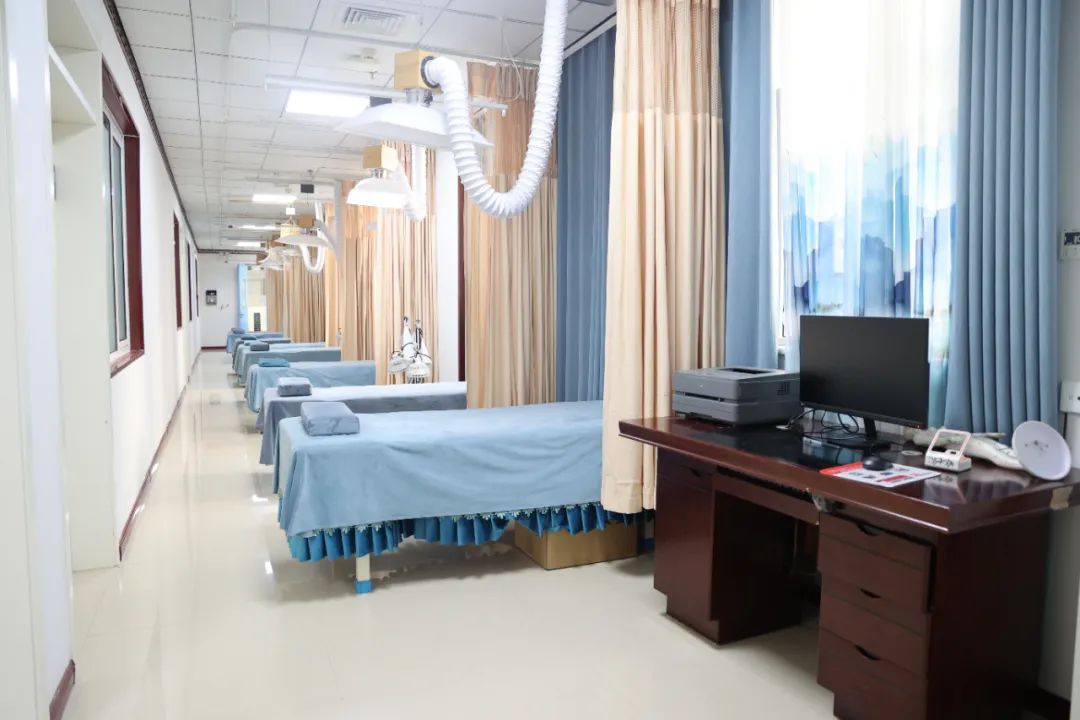
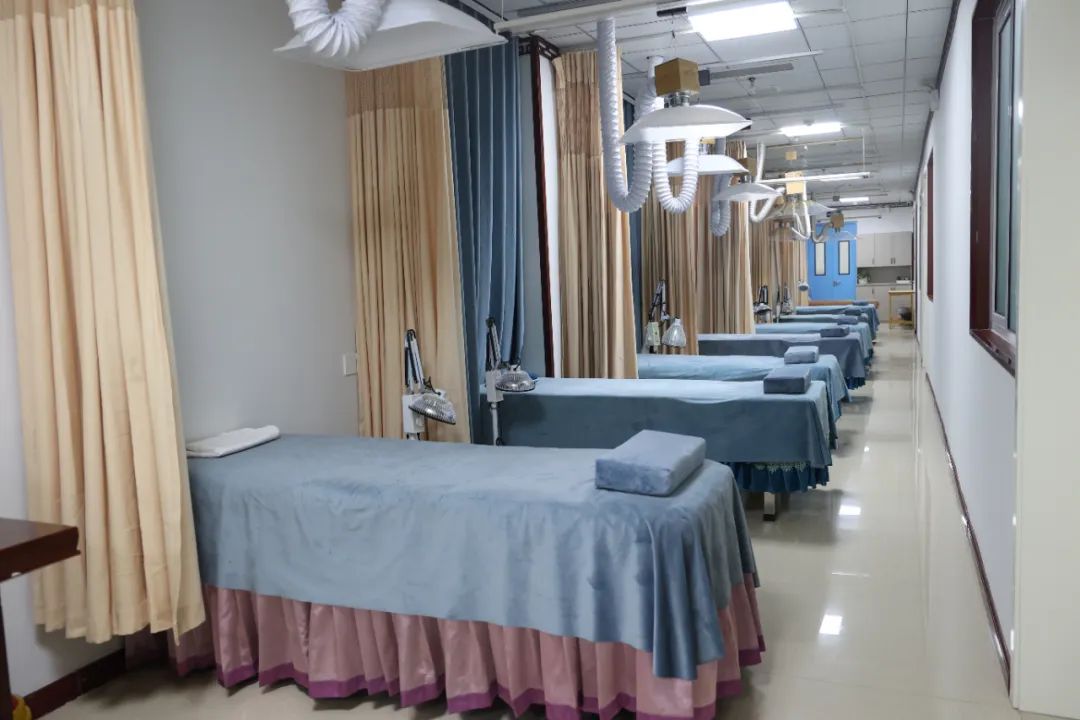
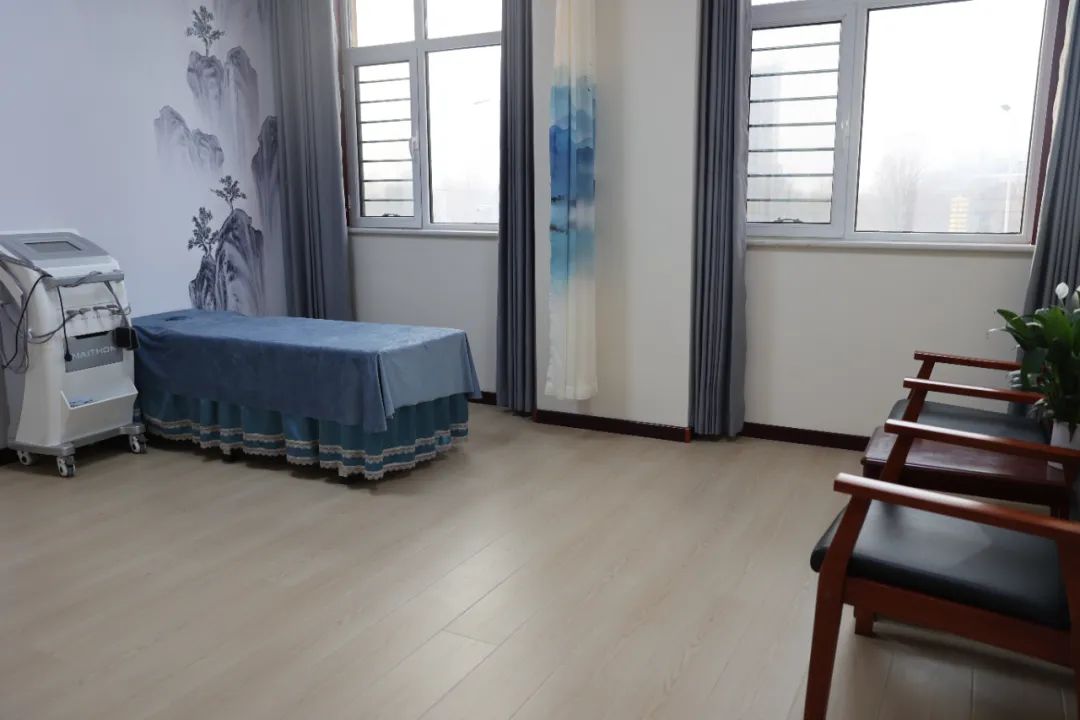
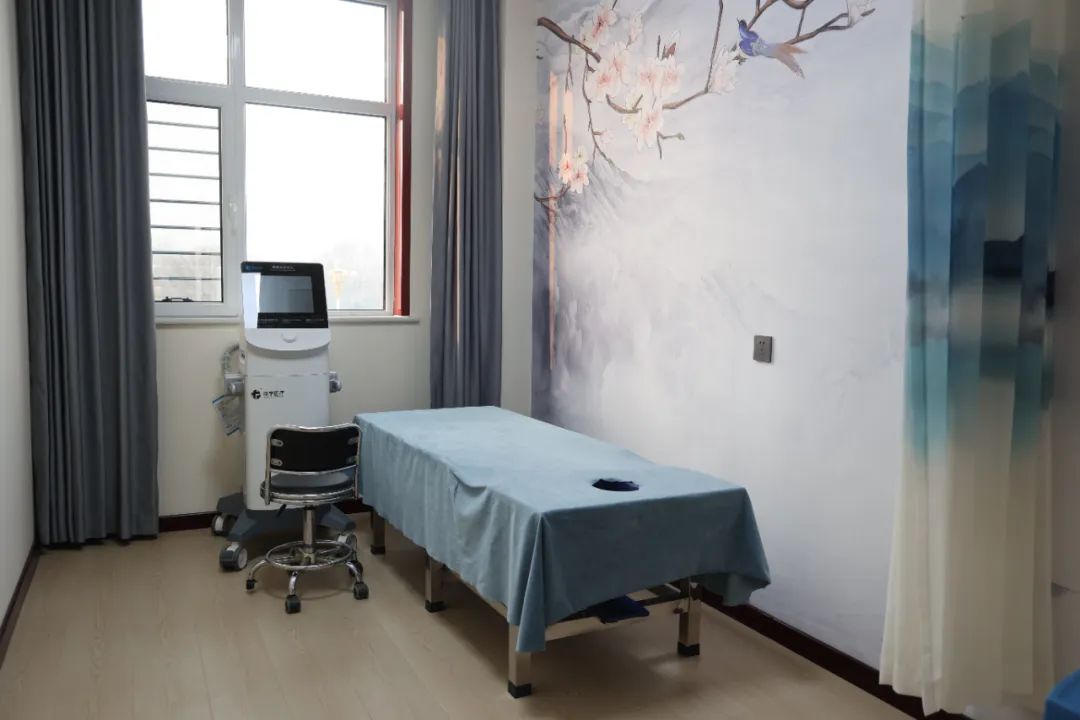
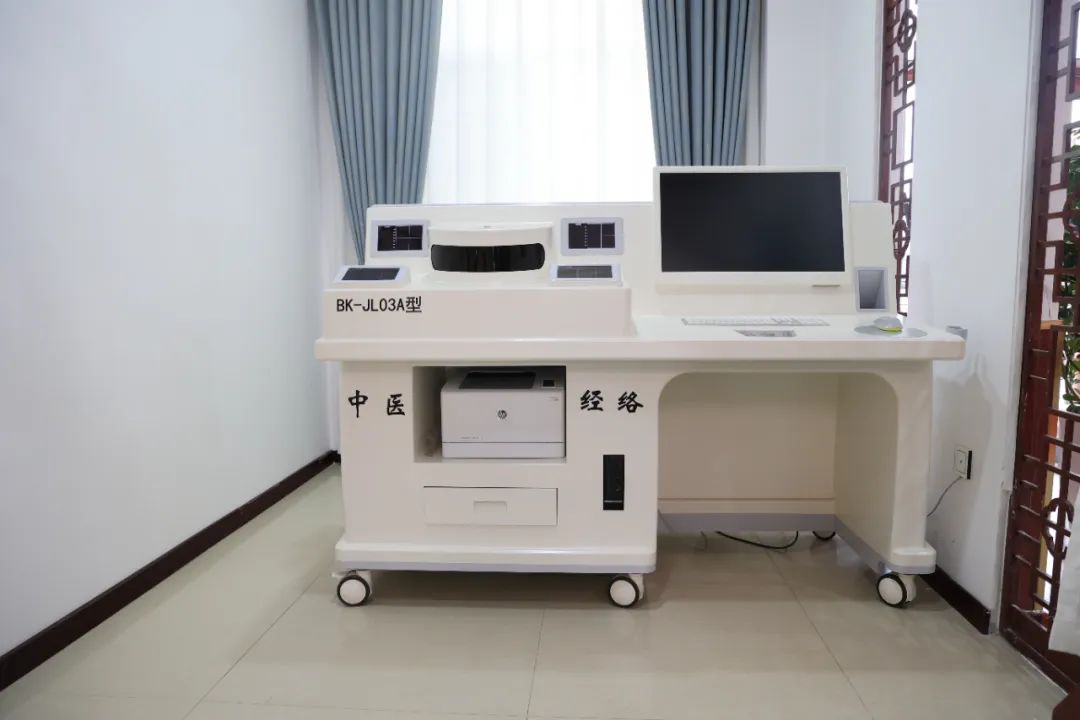
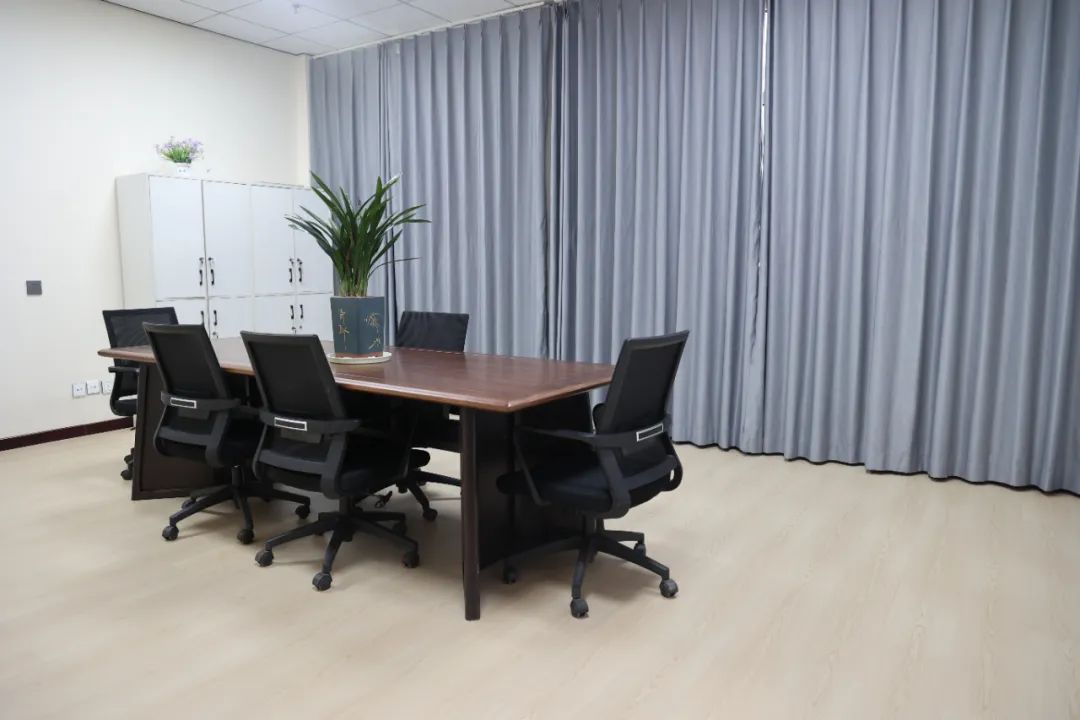
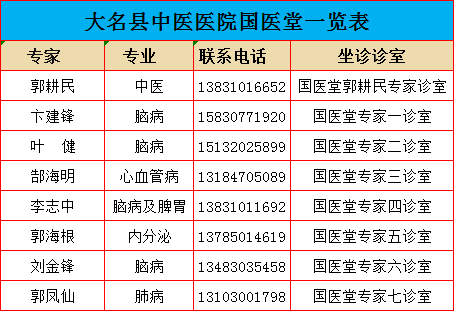
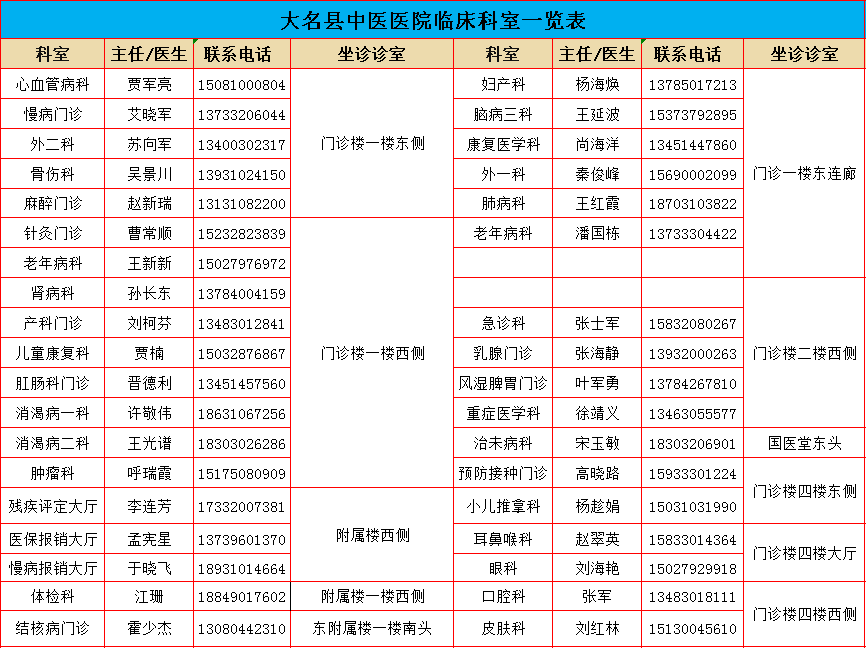
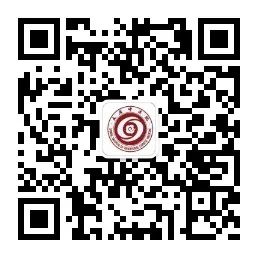
Submitted by || Preventive Medicine DepartmentEdited by || Liu XiaonanInitial Review || Zhang Guojing, Zhang ZhihaoFinal Review || Ye Jian

